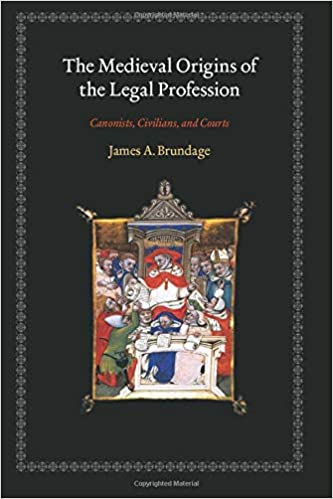American Lawyers Have to Lie
Michael Sean Quinn, Ph.D, J.D., Etc.
2630 Exposition Blvd #115
Austin, Texas 78703
(o) 512-296-2594
(c) 512-656-0503
Here
is what a leading Yale-level scholar says about lawyers lying. He says that it is “part of the “systematic
interpretive engagement with the professional obligations of adversary
advocates. . . .” It is part of the “ordinarily immoral conduct to which
lawyers are professionally committed. . . .”
is what a leading Yale-level scholar says about lawyers lying. He says that it is “part of the “systematic
interpretive engagement with the professional obligations of adversary
advocates. . . .” It is part of the “ordinarily immoral conduct to which
lawyers are professionally committed. . . .”
Of
course this is not the whole story he tells in his 250 page (not including
endnotes) very complicated book—one difficult to read.
course this is not the whole story he tells in his 250 page (not including
endnotes) very complicated book—one difficult to read.
Unlike juries and judges, adversary
lawyers should not pursue a true account of the facts of a case and promote a
dispassionate application of the law to these facts. Instead, they should try aggressively to
manipulate both the facts and the law to suit their clients’ purposes. This requires lawyers to promote beliefs in
others that they themselves (properly) reject as false. Lawyers
might, for example, bluff in settlement negotiations, undermine
truthful testimony, or make legal arguments that they would reject as
judges. In short, lawyers must lie. [p.
3, emphasis added.]
lawyers should not pursue a true account of the facts of a case and promote a
dispassionate application of the law to these facts. Instead, they should try aggressively to
manipulate both the facts and the law to suit their clients’ purposes. This requires lawyers to promote beliefs in
others that they themselves (properly) reject as false. Lawyers
might, for example, bluff in settlement negotiations, undermine
truthful testimony, or make legal arguments that they would reject as
judges. In short, lawyers must lie. [p.
3, emphasis added.]
[L]awyers
are professionally obligated to lie and cheat [i.e., treat people unfairly],
both under the positive law of lawyering as it stands and under any alternative
regime of professional regulation that remains consistent with adversary
adjudication’s basic commitment to a structural separation between advocate and
tribunal. . . . The center of gravity of my argument remains the genetic structure
of adversary lawyers, and in particular the separation between advocates and
tribunals that constitute adversary adjudication’s core[.] [p. 4]
are professionally obligated to lie and cheat [i.e., treat people unfairly],
both under the positive law of lawyering as it stands and under any alternative
regime of professional regulation that remains consistent with adversary
adjudication’s basic commitment to a structural separation between advocate and
tribunal. . . . The center of gravity of my argument remains the genetic structure
of adversary lawyers, and in particular the separation between advocates and
tribunals that constitute adversary adjudication’s core[.] [p. 4]
[P]rofessional
ethics requires lawyers to betray their own senses of truth and justice in ways
that contravene the ethic of self-assertion that dominates ordinary morality[.]
[p. 5]
ethics requires lawyers to betray their own senses of truth and justice in ways
that contravene the ethic of self-assertion that dominates ordinary morality[.]
[p. 5]
[L]awyers’
professional obligations to mislead and to exploit are incidents not of any
specific, elaboration of the adversary ideal[,] but rather of that ideal
itself. The arise ineliminably out of
the structural separation between advocate and tribunal, and the associated
principles of lawyer loyalty and client control, that belong to every
conception of adversary advocacy, no matter what its limits. [p. 8]
professional obligations to mislead and to exploit are incidents not of any
specific, elaboration of the adversary ideal[,] but rather of that ideal
itself. The arise ineliminably out of
the structural separation between advocate and tribunal, and the associated
principles of lawyer loyalty and client control, that belong to every
conception of adversary advocacy, no matter what its limits. [p. 8]
Daniel Markovits, A Modern Legal Ethics: Adversary Advocacy in a
Democratic Age (Princeton:Princeton University
those of you who care about this kind of thing, he comes from a distinguished
family amongst the law school professoriate, and elite economists.
Democratic Age (Princeton:
those of you who care about this kind of thing, he comes from a distinguished
family amongst the law school professoriate, and elite economists.




Recent Comments